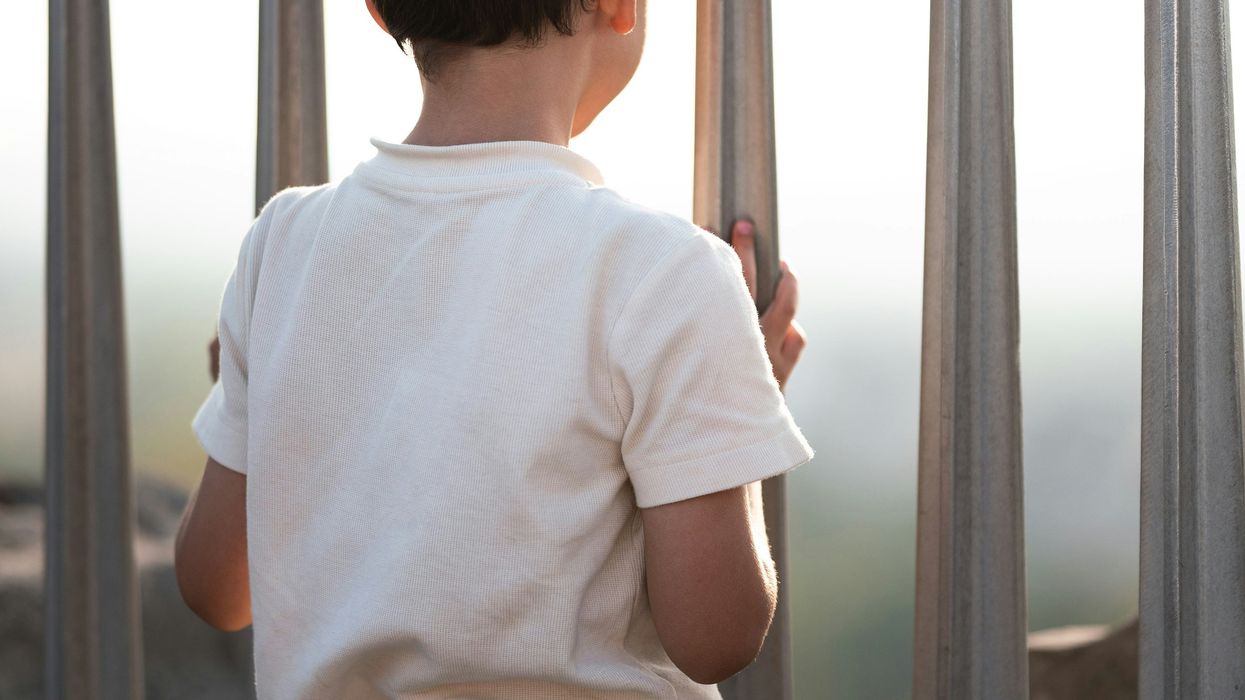After returning to office, President Donald Trump swiftly revived immigration tactics that defined his first term—most notably, fast-track deportations of unaccompanied children. Framed as a deterrent to migration from Central America, the policy has reignited clashes between federal agencies, the courts, and child advocacy groups.
At the heart of the legal battle is the obligation to protect minors under the 1997 Flores settlement, which limits detention duration and mandates access to basic care. Immigration authorities argue they must also enforce removal orders when children lack legal grounds to remain. This tension has triggered a cycle of shifting policies, emergency lawsuits, and last-minute judicial interventions.
Guatemala has emerged as a focal point. U.S. officials have coordinated directly with the Guatemalan government to receive charter flights of deported minors. Migration from rural Guatemala has surged in recent years, driven by poverty, crop failures, and violence. Today, Guatemalan children comprise a significant portion of those held in federal shelters across the Rio Grande Valley.
South Texas is the epicenter of this system. Harlingen and McAllen host some of the largest shelters operated by the Office of Refugee Resettlement, as well as airports where deportation flights originate. When removals are scheduled, buses line up outside the shelters to transport children to the tarmac. That’s what happened earlier this month—until a federal judge issued a temporary restraining order.
The shelters remain crowded with children who could soon be placed on flights back to Guatemala. According to the Young Center’s Child Advocate Program, many are traveling alone, caught in a political struggle far beyond their control.
In late August, federal immigration officers woke dozens of children in the middle of the night and loaded them onto buses bound for Harlingen’s airport. Their asylum cases were still pending in U.S. courts, but the government was preparing to deport them anyway. The flights were halted at the last minute by a restraining order from Judge Sparkle L. Sooknanan. That order remains fragile. If it expires, deportation flights could resume.
For Dona Murphey, a Houston-based neuroscientist, community health worker, and founder of PrognosUs, the images are hauntingly familiar. She told The Fulcrum she remembers standing outside detention centers during the 2018 family separation crisis, organizing doctors, lawyers, clergy, and students to protest what she saw as abuse. “We are once again systematically traumatizing children by locking them up and threatening to deport them to unsafe conditions,” she said.
Murphey recalled working on two cases of medical neglect that she says caused lasting harm. “This kind of treatment produces toxic stress that literally can alter brain wiring,” she explained. “It changes their health and it shapes their future outcomes.”
Inside the shelters, attorneys meet with children to hear their stories. Aimee Korolev, a lawyer with the American Bar Association’s ProBAR project in South Texas, told The Fulcrum that many of her young clients have fled abuse, abandonment, or neglect. “Children come often to the United States for a variety of reasons,” she said. “Whether they fear for their lives, they fear for their livelihood, or opportunity is lacking.” She emphasized that the restraining order is the only barrier preventing further deportations. “If it is not extended again by the judge, they could mobilize another flight of children, again to be sent back to Guatemala.”
Not everyone agrees with the legal pushback. Jorge Martínez, a conservative analyst and spokesperson for the group LIBRE, told The Fulcrum that tougher policies are necessary. “We are going to see more deportations and more security at the border because President Biden failed to do his job,” he said. “As a father, I would never want to be separated from my children, and I understand parents trying to reunite with theirs. But without permanent solutions from Congress, judges are left to fill the gap.” Martínez added that since Trump returned to the White House, his policies have helped “keep the border safe.”
Martínez’s claim is only partially supported by data. Government figures indicate that unauthorized crossings and apprehensions at the southern border have decreased compared to previous years, reflecting the impact of stricter enforcement and the revival of fast-track deportation policies. In that sense, the administration can point to greater control over migration flows. But “safety” is harder to quantify. Experts note that external factors, such as enforcement in Mexico, seasonal migration patterns, and economic fluctuations, also contribute to the decline.
Meanwhile, Trump’s approach has drawn legal challenges for violating asylum protections and the Flores settlement. In one case, Judge Timothy Kelly, a Trump appointee, extended a block on deportations after concluding that the administration’s claims about parental reunification “crumbled like a house of cards.” He wrote, “It appears that Defendants intend to send back to Guatemala many unaccompanied children without an identified parent or legal guardian there”.
Another ruling by Judge Sooknanan halted deportations mid-operation, with children already aboard planes. “I have the government attempting to remove minor children from the country in the wee hours of the morning on a holiday weekend, which is surprising, but here we are,” she said during the emergency hearing.
Framing lower crossings as proof of border “safety” oversimplifies a complex reality—where security gains coexist with humanitarian and legal disputes. That tension between compassion, politics, and law plays out daily in the Rio Grande Valley. In Harlingen, buses idle near the airport tarmac, ready to take children from shelters to departing planes. For now, they wait. The heat presses down. And for the children inside, the uncertainty is as heavy as the Texas air.
Alex Segura is a bilingual, multiple-platform journalist based in Southern California.




















Trump & Hegseth gave Mark Kelly a huge 2028 gift